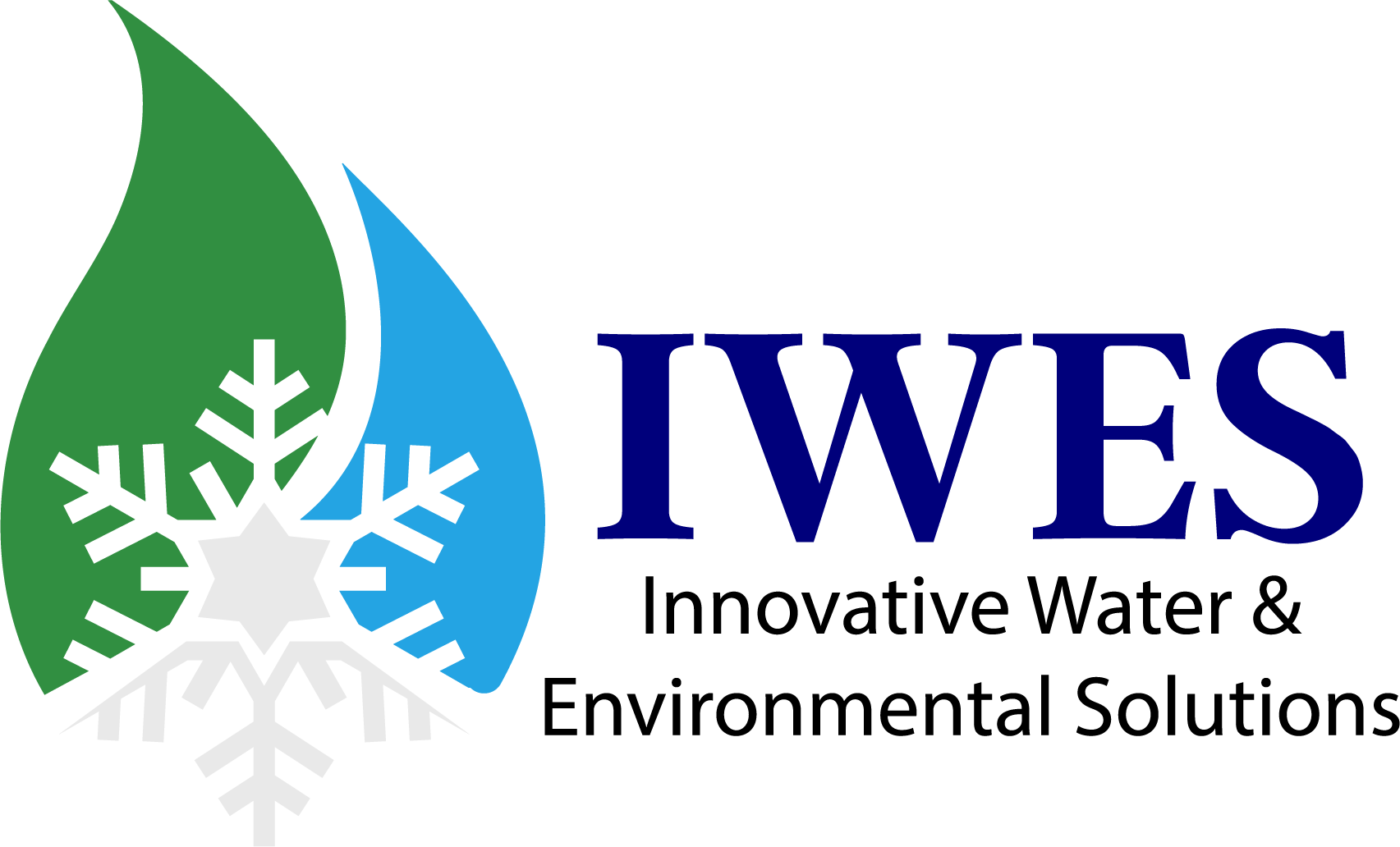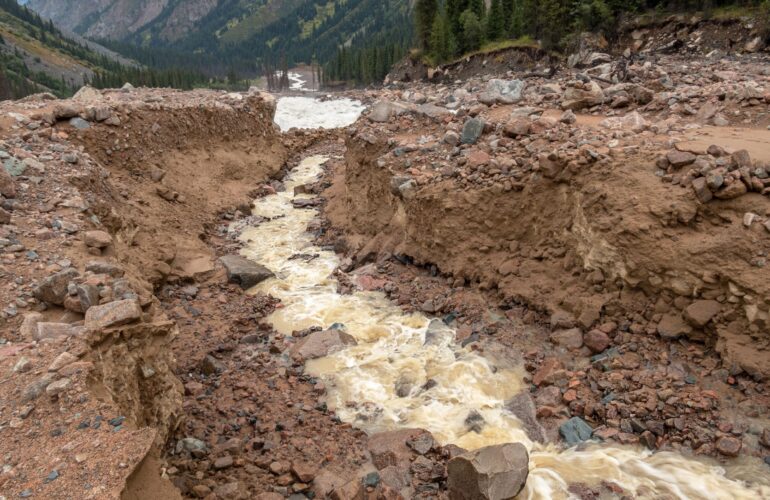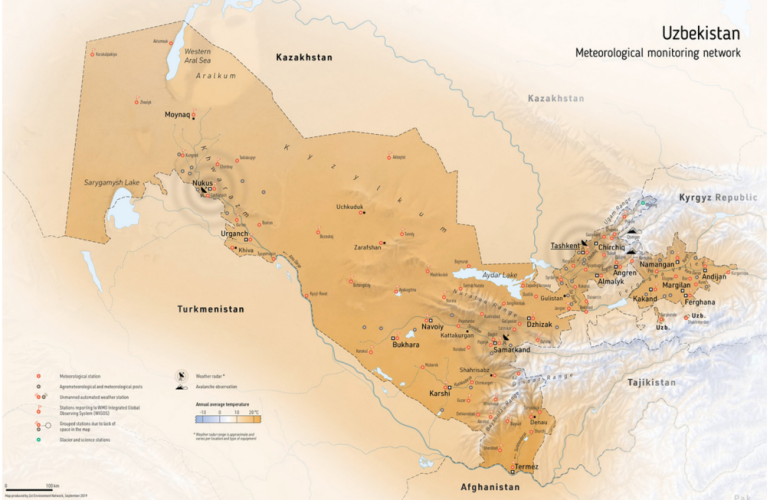| Technische Unterstützung bei Bewässerungsnormen in Usbekistan/Zentralasien – Zentralasiatisches Wasser- und Energieprogramm | |
| Aufgabenname:
Technische Unterstützung bei Bewässerungsnormen in Usbekistan/Zentralasien – Zentralasiatisches Wasser- und Energieprogramm |
|
| Auftraggeber:
Weltbank |
Dauer des Auftrags (Monate): 6
Startdatum (Monat/Jahr): Februar 2025 Abschlussdatum (Monat/Jahr): Juli 2025 |
| Gegebenenfalls beteiligte
Umsetzungspartner:
Herr Bruce Lankford Herr Shavkat Kenjabaev |
Land: Usbekistan
Rolle in der Aufgabe: Berater |
| Projektbeschreibung:
Die Studie konzentrierte sich auf eine umfassende Bestandsaufnahme von Hydromodulen und Bewässerungsnormen in Usbekistan und analysierte deren historische Entwicklung, aktuelle Praktiken und Zukunftsaussichten unter den Bedingungen von Klimawandel und Wasserknappheit. Die Bewässerungslandwirtschaft bildet nach wie vor das Rückgrat der Wirtschaft und der Ernährungssicherheit der Region, doch veraltete Bewässerungsnormen aus der Sowjetzeit führen weiterhin zu übermäßigem Wasserverbrauch, Bodenversalzung und Ineffizienzen im landwirtschaftlichen Wassermanagement. Das Projekt untersuchte die Entwicklung der Hydromodul-Zonierung, ihre Anwendung in der aktuellen Bewässerungsplanung und den wachsenden Bedarf an aktualisierten, klimagerechten Standards. Es lieferte Erkenntnisse darüber, wie technologische Innovationen, insbesondere Fernerkundung und GIS, die Überarbeitung von Hydromodul- und Bewässerungsnormen unterstützen und diese anpassungsfähiger, effizienter und auf eine nachhaltige Wasserwirtschaft in Usbekistan ausgerichtet machen können. |
|
Beschreibung der tatsächlich erbrachten Dienstleistungen unseres Personals im
Rahmen des Projekts:
|
|
 info@i-wes.com
info@i-wes.com Propststrasse 8 10178 Berlin
Propststrasse 8 10178 Berlin









